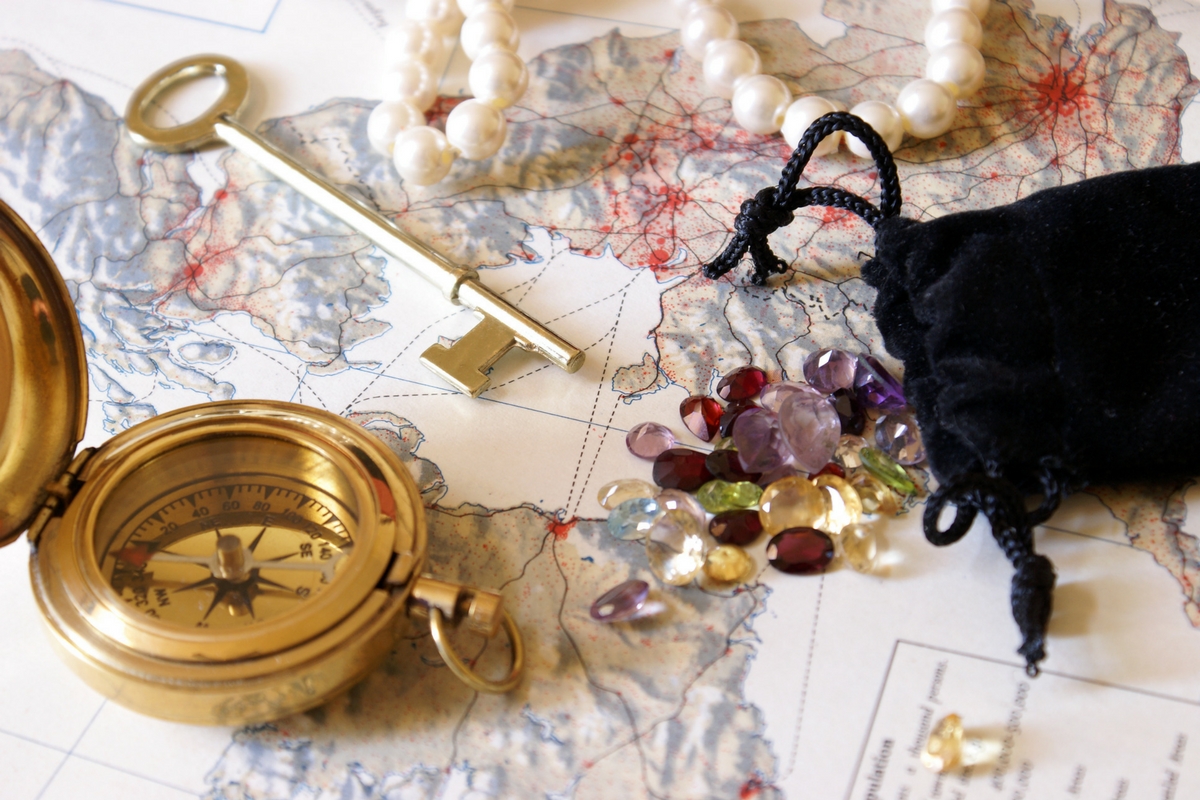“The trouble with the rat race is that even if you win, you’re still a rat.” ~Lily Tomlin
It’s been a year since we moved to Idaho and the question of “Why did you move there?” has gotten old. Decrepit, like zombie stretching its moldy hand from the Earth old.
I’m all for curiosity, but when I start to answer the question, I lose the person shortly after “The…” Rog and I have discussed how we are perplexed, then pissy and now inwardly roll our eyes at the question because no one really wants to know. What they are saying, without saying, is “You two have gone crazy. You’ve given up convenience, good food, a great house and traded it all in for land, lakes, and skiing?”
Shake your head with me. Who are the crazy ones?
But let’s back up and let me give you the backstory. It started with a wizened old grape-of-a-man: I’ll call Ken. He married young, graduated college and proceeded to have a family of seven kids, typical of a couple now in their late sixties/early seventies. He went military while she stayed home. They both served in their church as he started and grew two profitable businesses. Over time, they were able to build an understated six bedroom home on three acres next to a creek.
We met Ken and his wife while their youngest daughter, Janaye, was fourteen and in high school. She became our first and only babysitter, during which time we had hours to observe her actions, attitudes, and behaviors. Certain circumstances allowed us to get to know her parents better and years later, our eldest daughter was a flower girl in Janaye’s wedding.
Grandpa Ken, as he’d come to be known, adopted us as his children. Grandma Shari was my mom away from home, so this was awesome for us as a couple and our kids. Grandpa Ken, although not of my husband’s background, faith or profession, always held the easy, relaxed and non-intrusive countenance of a man who had nothing to prove to anyone but God. He retired early, set about puttering in the garage, fixing up an old car for about six months before he got bored. He went back to work, this time, not starting a new company, but at a mortuary.
A mortuary.
Think about that for a minute, because Rog and I sure did. In fact, we did more than just think. We pondered. We wondered. We worried. Was he crazy? He sure didn’t seem crazy. In fact, they were the sanest people we knew. Yet Shari said it best: “Ken wasn’t made to sit on this Earth and do nothing.” Helping others during their time of pain and crisis as a funeral director kept him busy, employed his organizational skills, and utilized his ability to interact with people of all backgrounds, religions, and cultures. In his spare time, he continued to invent new products, in his garage and on the weekends.
As witnesses to Ken’s decisions, we admired his work ethic and humility. We also applauded Shari’s attitude towards her husband’s career. She didn’t care a thing for title or position or the size of his office (which was good, because a funeral director has no real office). She simply wanted him to be happy and busy. How many men can boast a woman who, after having the trappings of a CEO husband, would so easily accept a change in status?
“The difficulty lies not so much in developing in ideas as in escaping old ones.” ~John Maynard Keynes
The move
It’s about this part in the story that we’ve seriously lost our listeners, which is a shame because this is the most important part. As Ken told Roger one day, he and Shari had a plan, one they created when in their early twenties. Get a job, have a family, build a house, send kids to college, sell the house, downsize. The end. When Janaye was in college, they got serious about selling their custom, seven-bedroom home on three acres. We watched as they put their home up for sale, sold it within a month and moved into a two bedroom, one bath home that is maybe 1,000 square feet. Gone were the double Subzero refrigerators and four ovens, marble countertops and dual bathrooms. Enter a four-burner stove and as Shari say’s “Grandma drapes.”
“We are following the plan,” Ken told Roger. It wasn’t about ego or square footage, just as it hadn’t been about having a title or corner office. “It’s about freedom of mind and worries. The ability to travel and live without the overhead.”
This had a transformative effect on Rog and me. In our thirties and early forties, it was all about growing, building buying. When Ken talked about overhead, we knew exactly what he was referring to. The maintenance, management, worry and general costs associated with what we had. Rog and I looked at one another and asked a very simple question:
Did we want to wait another 20 years to have the kind of freedom Ken was talking about? The answer was no. That week, Rog started looking around at places to buy in parts of the country where we could dramatically downside while still having a nice standard of living. (Oh, and was close to civilization). After looking at many states and locations, he found Northern Idaho (which is radically different from Southern Idaho- think Boise or Twin Falls). We found a house on Monday, made the offer Wednesday and closed Friday. The following week, we started moving the few things over we were taking (we were like Moses. We left everything behind).
So here we are, a year later. Much smaller home but a lovely view of the lake. Far fewer restaurant choices but no traffic. Great academics, but no lacrosse. A Costco, but no Nordstrom (forget Saks or anything of the sort). At first, this bothered me, but then I realized, ‘It’s Northern Idaho. What does it matter anyway?”
Wisdom doesn’t help if you don’t act on it
Rog can’t have a conversation about moving without invoking Grandpa Ken’s name and philosophy, his gratitude oozing out of comments. He now has what we lacked when in our previous home with all the “luxuries of modern living,” all around us. We have peace of mind that comes with a safer area. We are also free of the major annoyances that we’d gotten used to because we couldn’t affect change: traffic, taxes, crazy rules that governed everything from Christmas lights to trees and driveway rocks. Gone. All, long gone.
Was it hard, “giving it up?” Sure. For a while, I stopped cooking and gained weight (that’s what happens when you load up on hot chocolate and don’t exercise), but it was temporary. We’ve found ourselves more centered and yes, probably a bit more boring or sedate, but then, when most restaurants close about the time we were used to starting our evenings, it does put a damper on the social life.
The final question is always this: Would you do it again? And our answer is an immediate, unwavering YES. I’d rather have a smaller home and live a less sexy part of the world for joy and contentment I feel every day, waking up to a lake, pine trees, and no stress. I’m eternally thankful to Grandpa Ken for being the example to us, although he didn’t mean to be. I will also admit that the dramatic change, while temporary, had its brutal moments. But then again, what kind of great transformation didn’t cause a little bit of pain?










